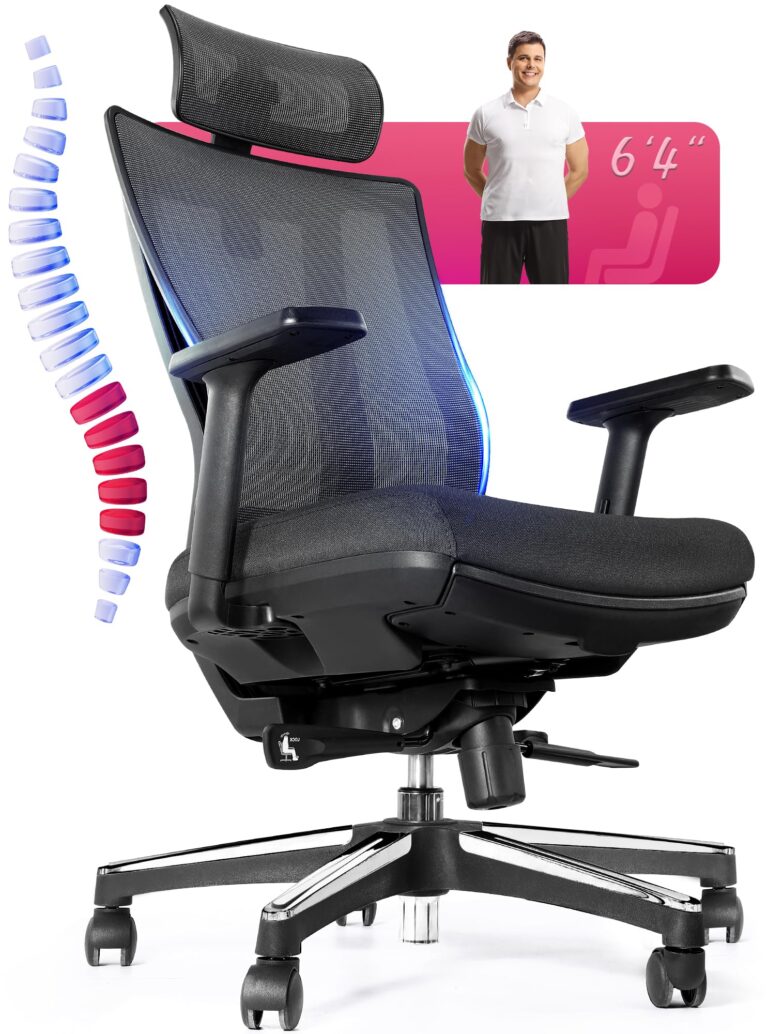Insurance Coverage for Gig Economy Workers: What Every Freelancer Needs to Know
The gig economy has redefined work for millions offering independence, flexibility, and income on demand. But while gig workers drive rideshares, deliver groceries, write code, or design graphics, one thing they often lack is comprehensive insurance coverage. Unlike traditional employees, gig workers don’t receive benefits like health insurance, workers’ compensation, or liability coverage through an employer. This article breaks down what coverage options exist, what risks you face, and how to protect yourself financially if you’re part of the growing freelance workforce.
Why Gig Workers Need Custom Insurance Solutions
Gig workers operate in a unique space technically self-employed, but often working within platforms that control job access and rates. This grey area leaves many without basic protections. Whether you’re injured during a delivery or sued for a client data breach, traditional policies may not apply.
If you rely on platforms like Uber, Upwork, DoorDash, or TaskRabbit, it’s critical to understand where their coverage ends and where your own must begin. Gaps in protection can lead to devastating out-of-pocket costs from accidents, lawsuits, or illnesses.
Insurance isn’t just a safety net it’s a business essential in the gig world.
Health Insurance Options for Freelancers and Contractors
Unlike full-time employees, gig workers must source their own health insurance. Fortunately, the Affordable Care Act (ACA) offers marketplace plans with income-based subsidies. Some freelancers also join professional organizations that offer group rates, or use private insurers for more flexibility.
Short-term health plans may look appealing due to lower premiums but often come with significant coverage limitations. If you’re earning steady gig income, investing in a comprehensive plan could protect you from unexpected medical bills that might otherwise derail your financial stability.
Prioritize health insurance it protects both your body and your business.
Liability and Professional Insurance: Do You Need It?
If you’re performing skilled services writing, coding, consulting, or handling client data you may be liable for errors, missed deadlines, or breaches. That’s where professional liability (or “errors and omissions”) insurance comes in. For physical service gigs (like dog walking, home cleaning, or fitness training), general liability insurance can cover injuries or property damage.
Some gig platforms offer minimal coverage, but it’s often limited and may not apply in all scenarios. If you’re running a side hustle or serving multiple clients, having your own coverage can prevent one mistake from turning into a lawsuit you can’t afford.
Think of it as protection against the unexpected costs of being human in business.
Auto and Equipment Insurance for Rideshare and Delivery Drivers
If you use your personal vehicle or equipment for gig work, standard insurance may not fully protect you. Most personal auto policies exclude commercial use, which means if you’re in an accident while driving for Lyft or delivering food, your claim might be denied.
Many platforms offer limited third-party liability during active gigs, but they won’t cover vehicle repairs or downtime. To stay fully protected, consider a rideshare endorsement or commercial auto policy. Similarly, if you use personal tools cameras, laptops, or machinery consider business equipment insurance.
Don’t assume you’re covered just because you’re careful—platform terms often leave gaps.
How to Find Affordable, Gig-Friendly Insurance Coverage
As the freelance economy grows, insurers are responding with flexible, gig-friendly policies. Companies like Next Insurance, Thimble, and Stride Health offer on-demand or usage-based coverage specifically for independent workers.
Use online comparison tools to explore different providers and read the fine print to ensure your policy matches your gig type. Some platforms even partner with insurers to offer discounted plans, so check your dashboard or support page.
The best insurance is one that fits your work style, budget, and risk level and it’s easier than ever to find.
Frequently Asked Questions
1. Does Uber or DoorDash provide full coverage for drivers?
No. They offer limited liability coverage while you’re actively working, but gaps remain especially between gigs or for vehicle damage.
2. What insurance do freelance creatives need?
At minimum, health and professional liability. Equipment insurance and cyber liability may also be smart additions.
3. Can I write off insurance as a business expense?
Yes. Most business-related insurance premiums can be deducted on your taxes. Consult a tax advisor for details.
4. Are there insurance plans just for gig workers?
Yes. Some companies offer flexible, gig-specific policies with pricing and terms built for freelancers and part-timers.
5. Is workers’ compensation available to gig workers?
Usually not, unless you’ve opted into a program voluntarily or your state mandates special coverage.
